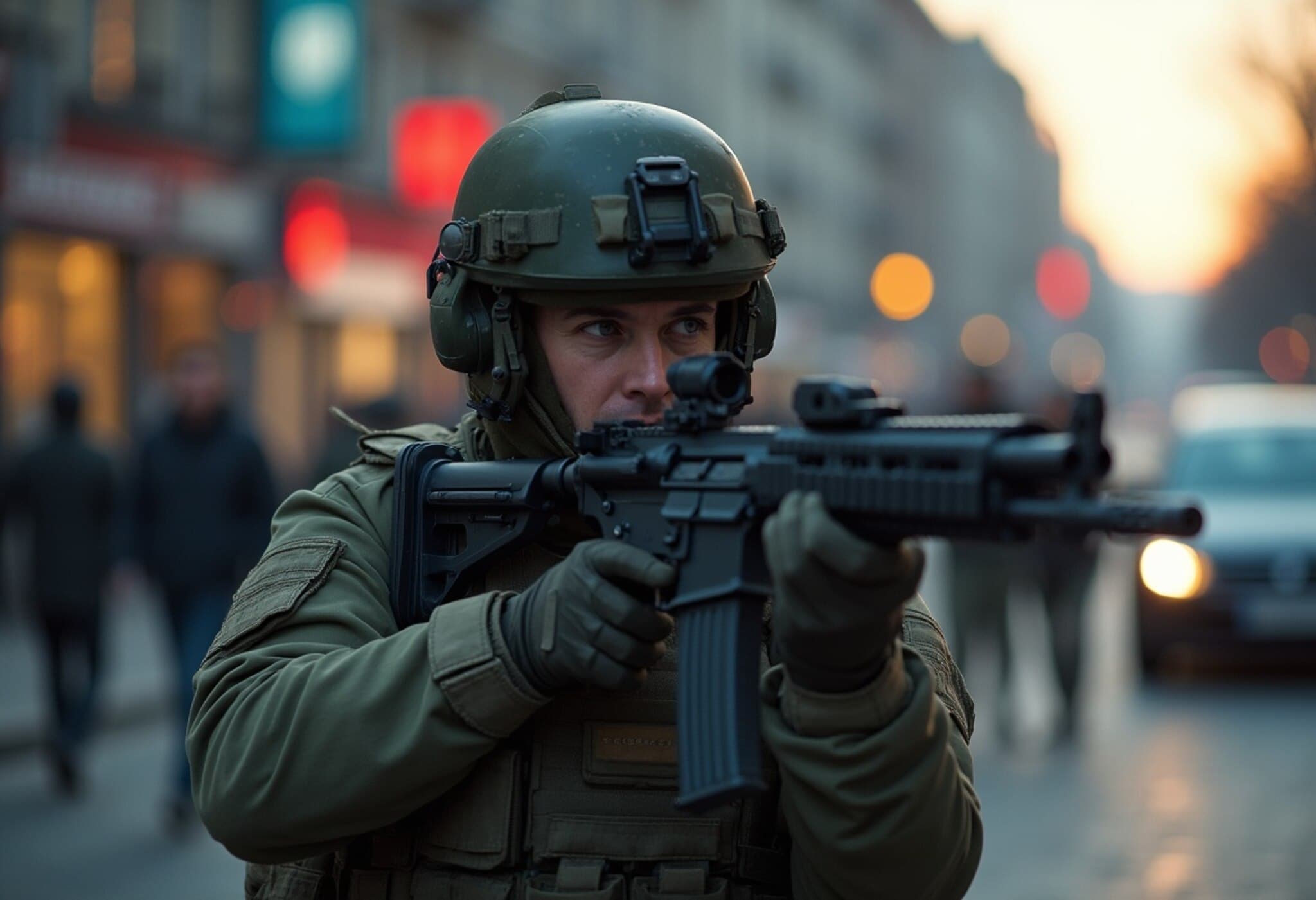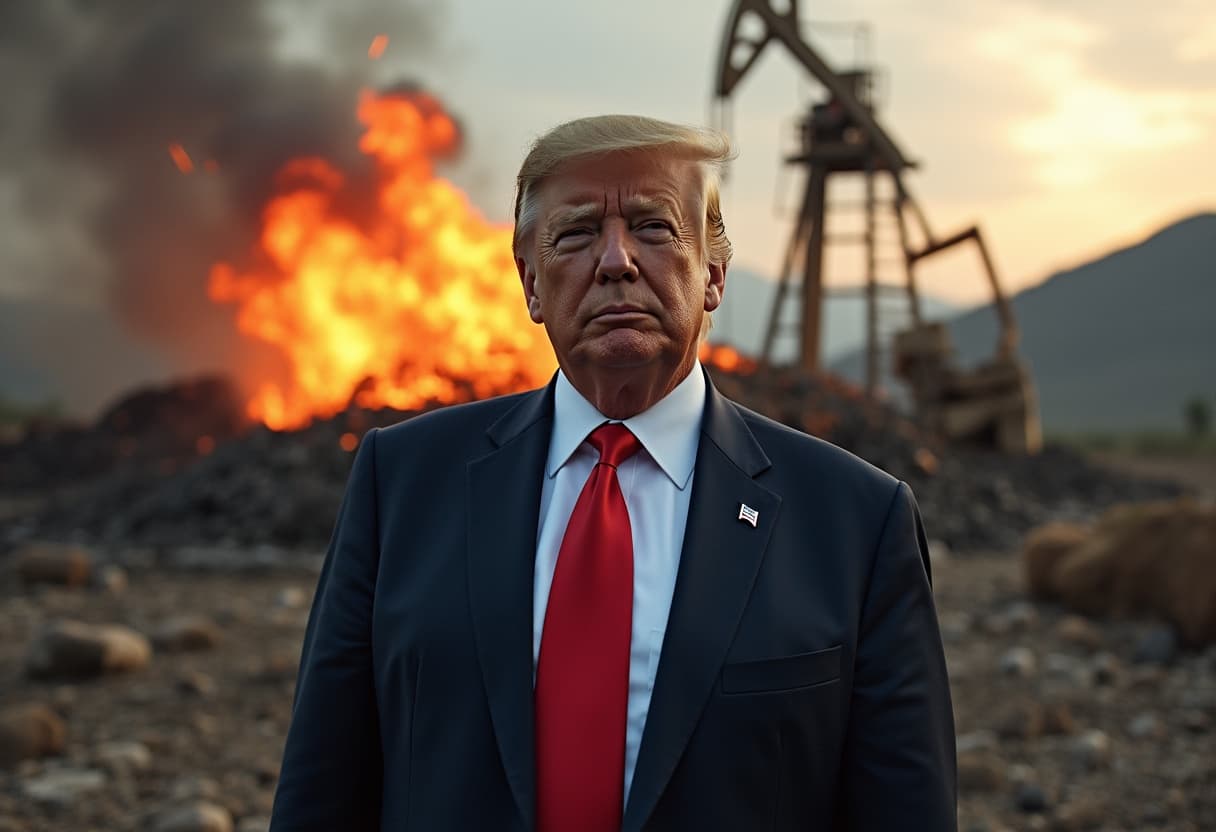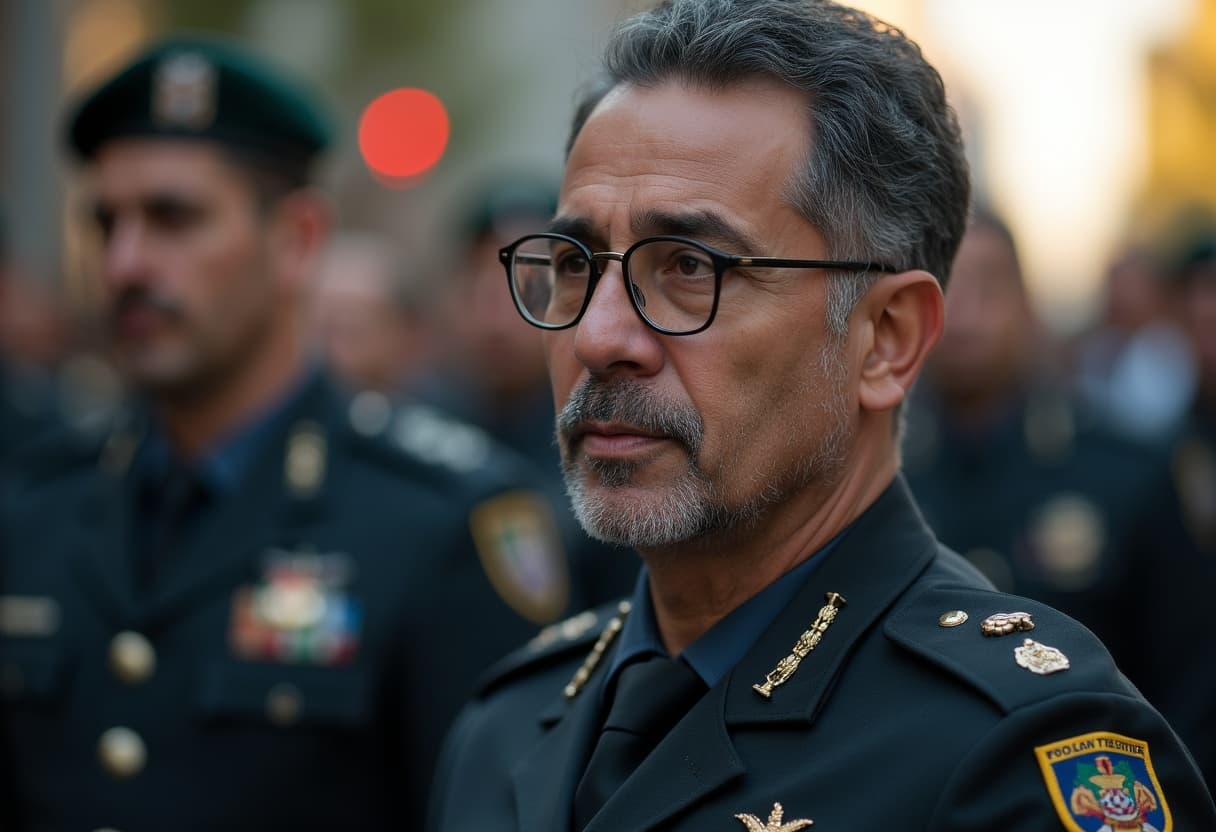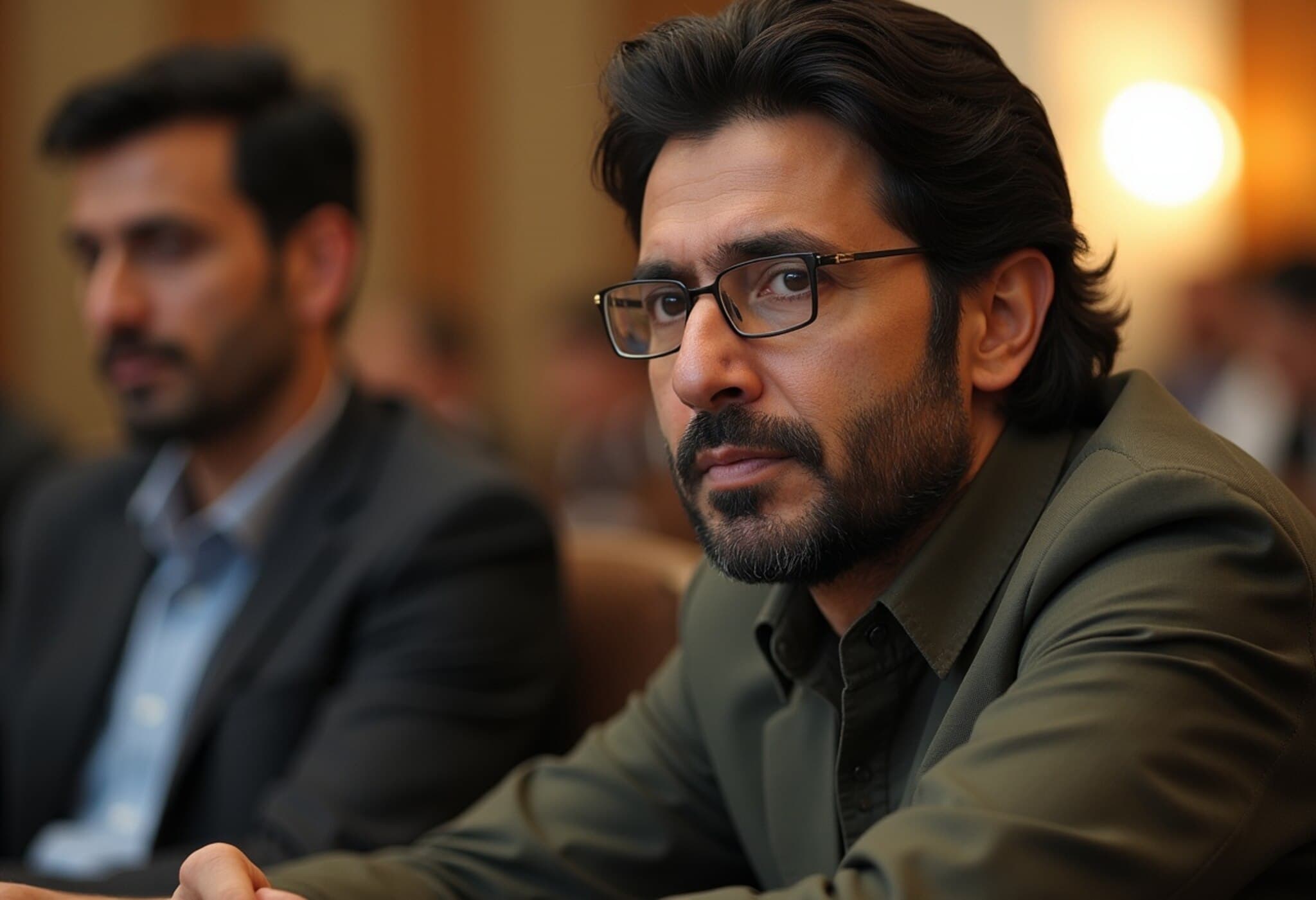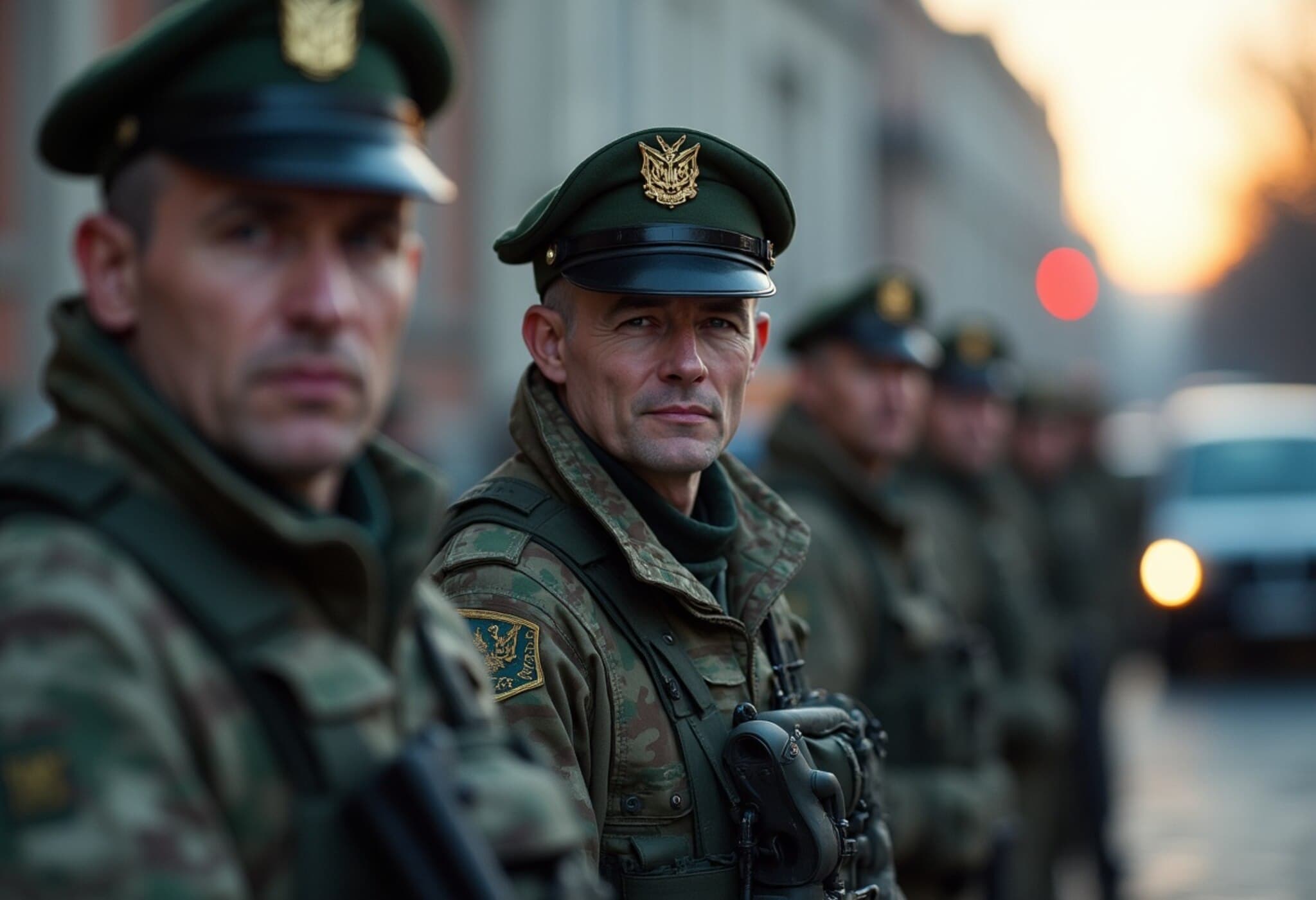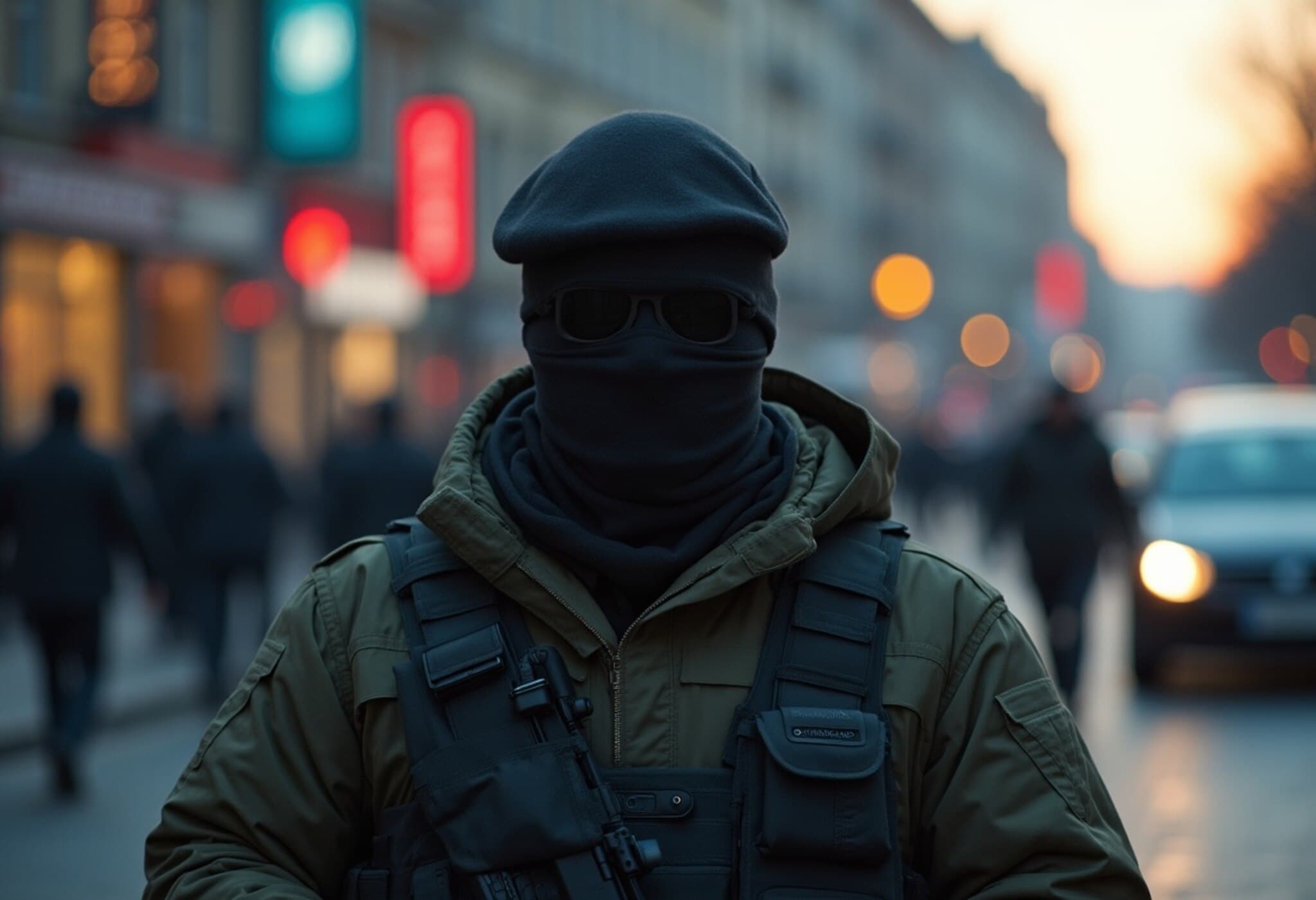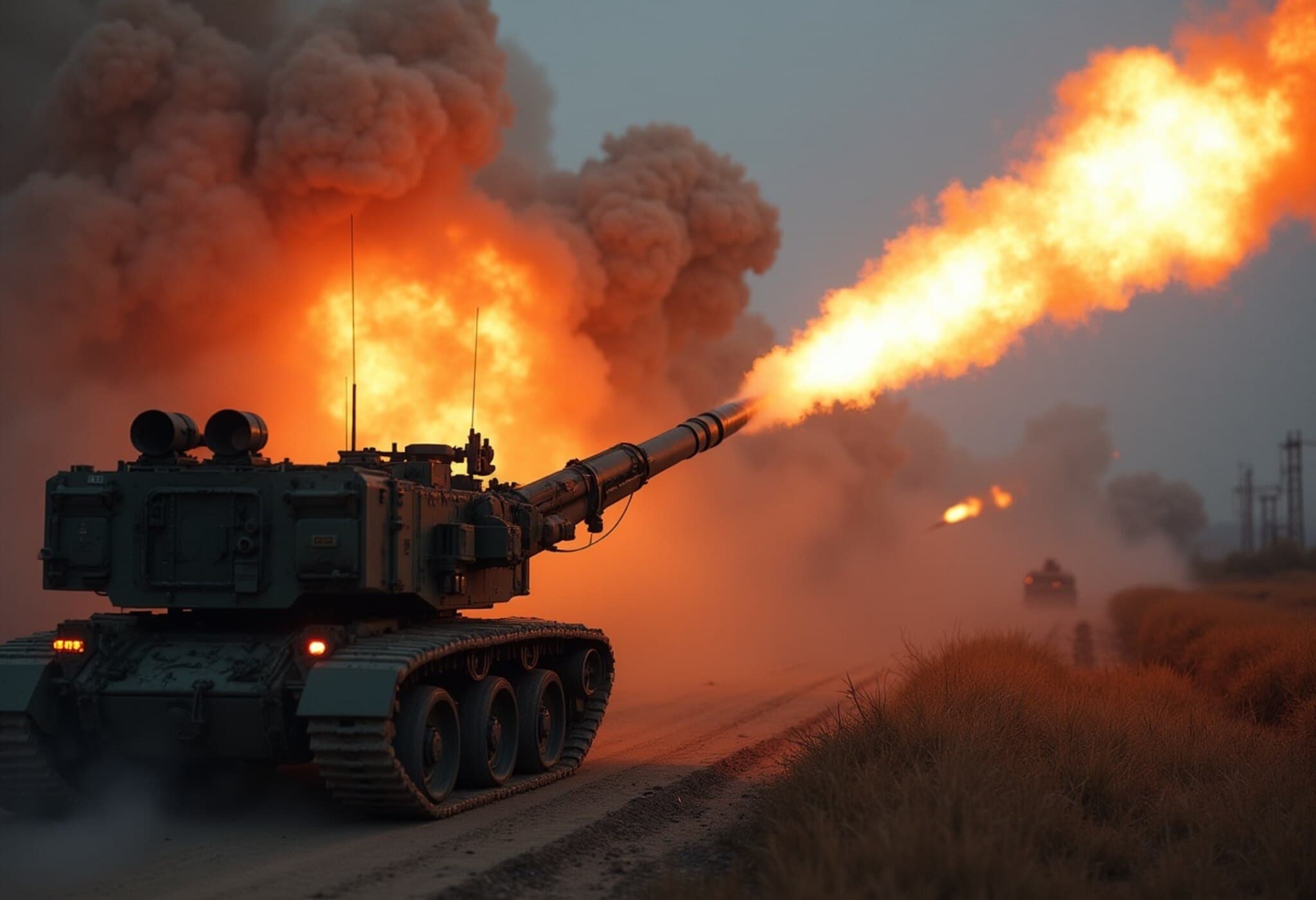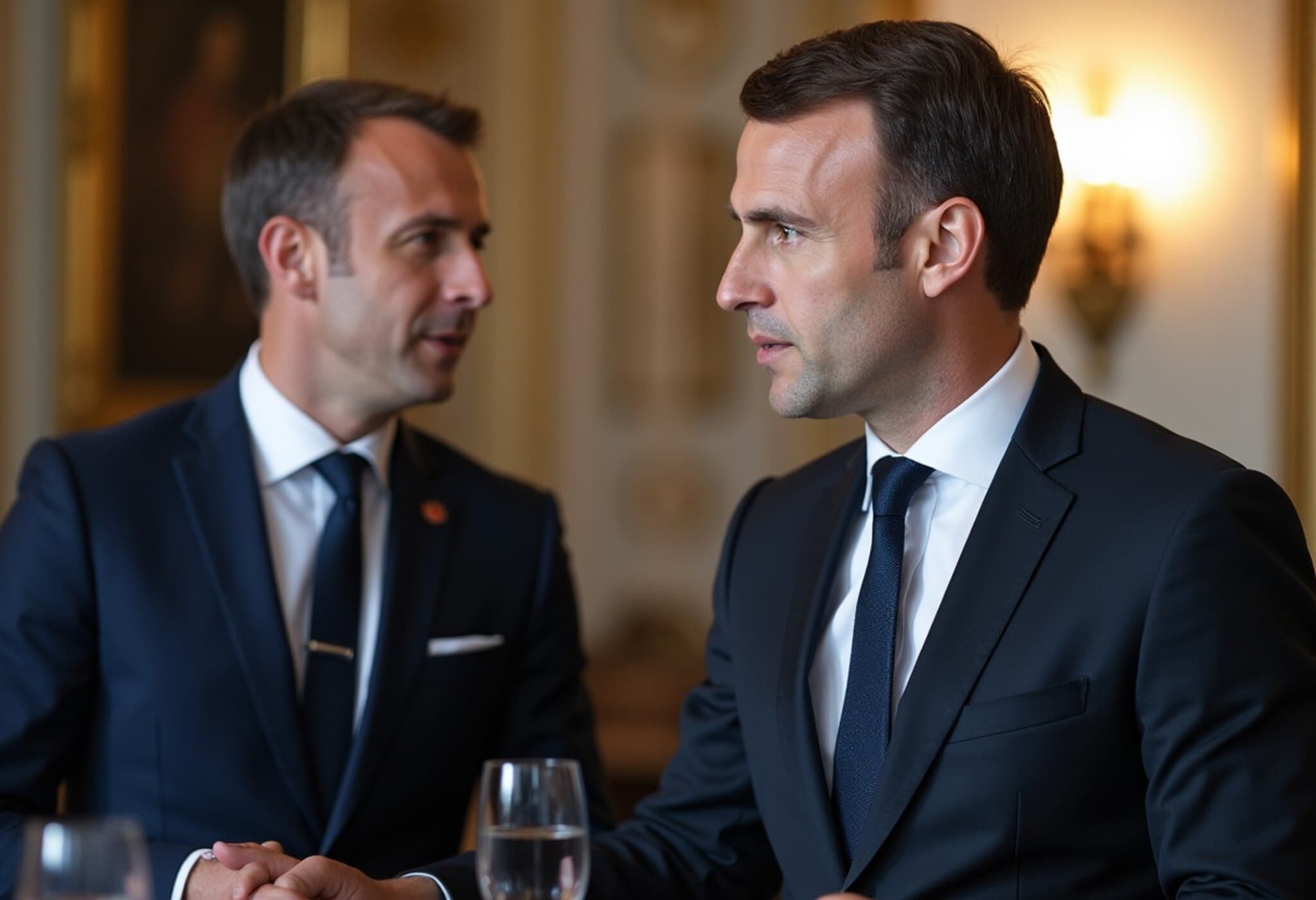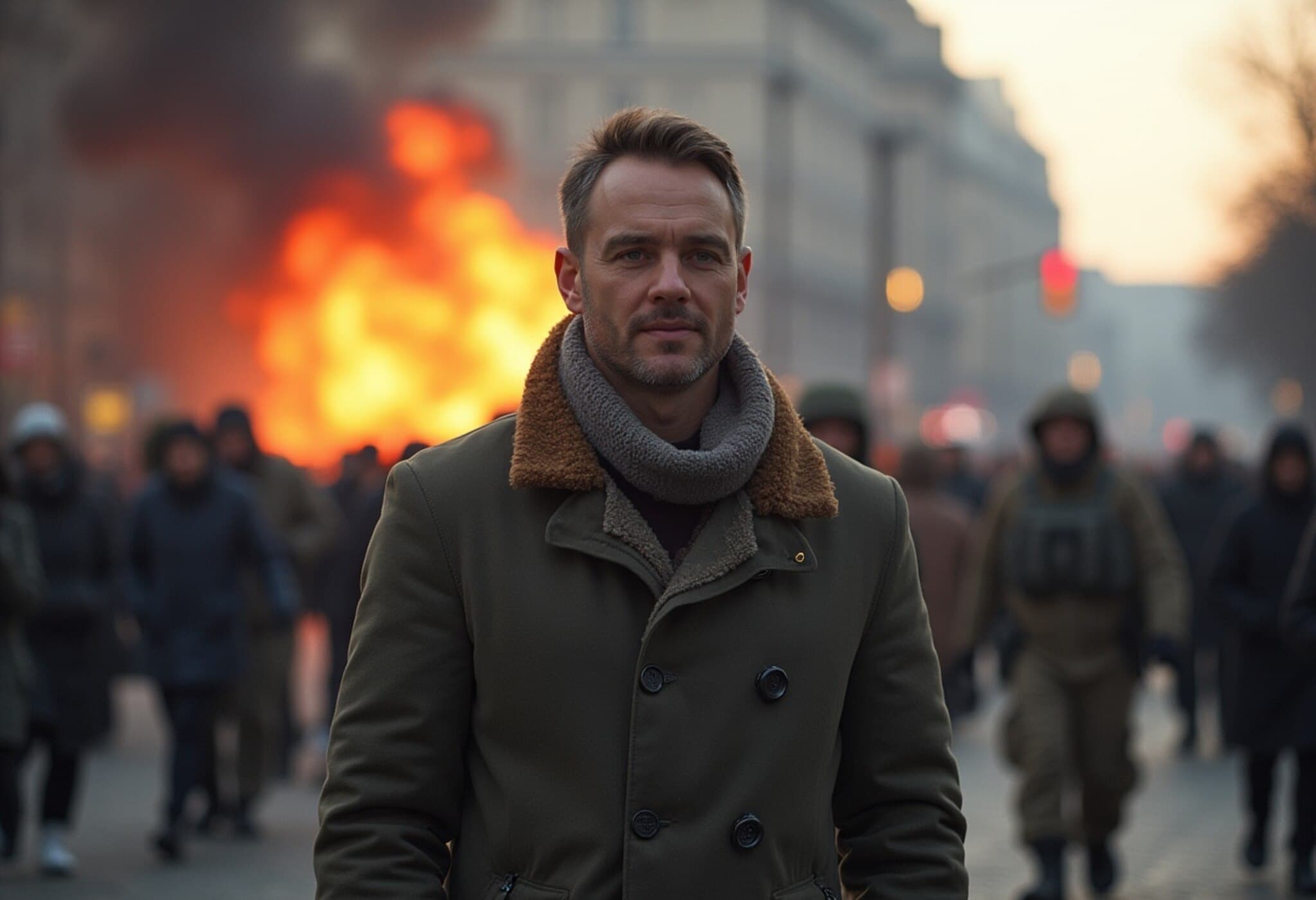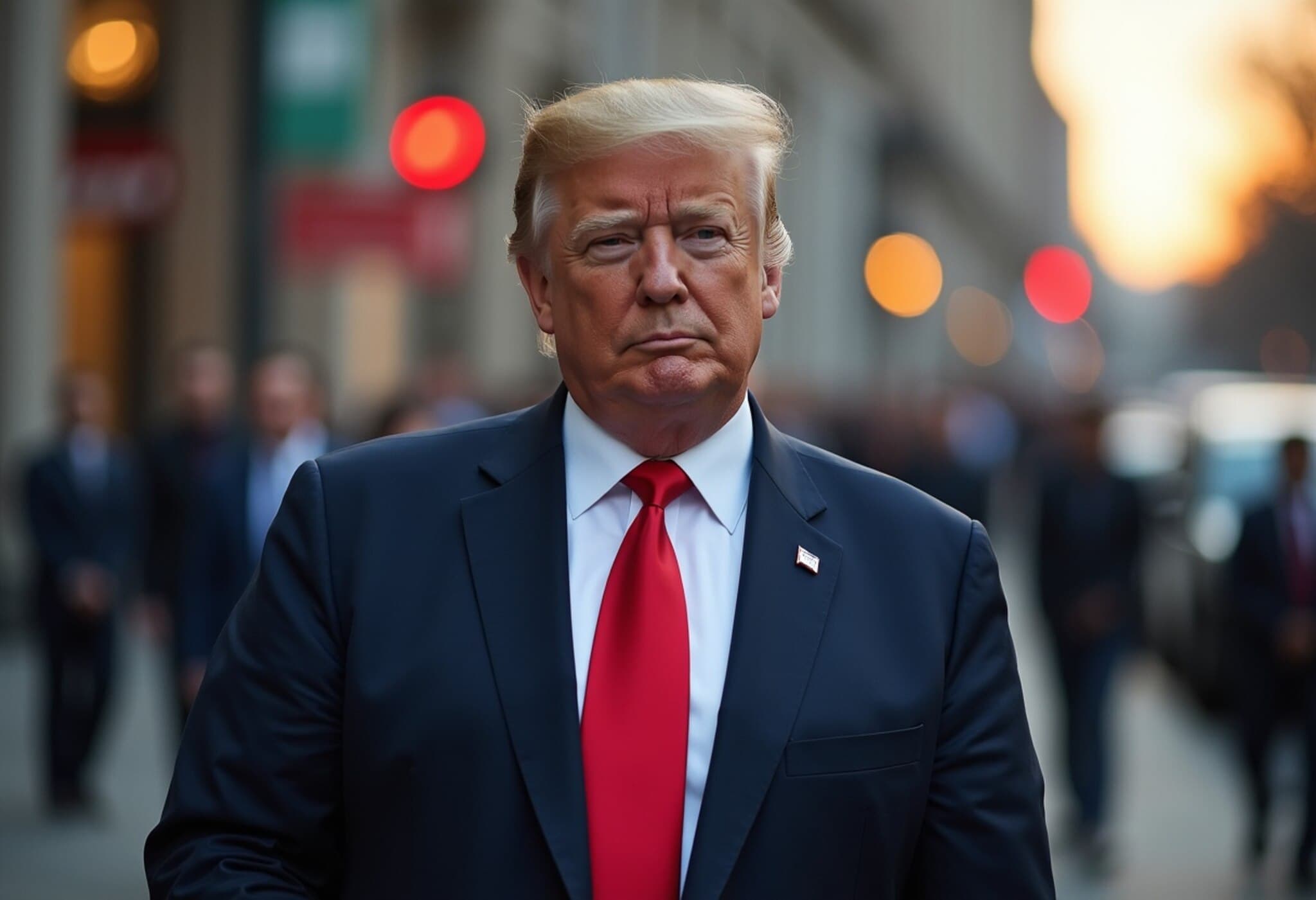Ukraine Strikes Back: Russian Agents ‘Liquidated’ After Assassination of Intelligence Officer
In a dramatic escalation of the covert conflict shadowing the frontlines of the Ukraine-Russia war, Ukrainian security forces have successfully neutralized a group of Russian operatives believed responsible for the recent assassination of a high-ranking Ukrainian intelligence officer near Kyiv.
Details of the Operation
The Security Service of Ukraine (SBU) announced via Telegram that the Russian agents were “liquidated” following a confrontation that ensued during their attempted arrest near the Ukrainian capital. The operation was personally directed by Lieutenant General Vasyl Malyuk, the head of the SBU.
The deceased Ukrainian colonel, Ivan Voronych, who was gunned down in a brazen daylight attack last Thursday, was part of an elite intelligence unit undertakings sensitive operations targeting Russian forces hidden behind enemy lines. Voronych’s assassination has sent ripples through Kyiv and its intelligence community, highlighting the deadly nature of the shadow war playing out alongside the open battlefield.
Context: The Emerging Shadow War
This incident accentuates the intensifying covert warfare between Ukraine and Russian intelligence, with Kyiv ramping up counterintelligence and counter-terrorism operations. The SBU identified two members of Russia’s Federal Security Service (FSB), a man and a woman, as the direct perpetrators of the assassination.
CCTV footage released by Ukrainian authorities shows a masked man dressed in black approaching Voronych as he left his apartment, shooting him multiple times before fleeing. Such targeted assassinations reveal a grim new chapter where both sides are willing to confront each other far beyond conventional battle lines.
Broader Implications and Regional Significance
- Escalation of Intelligence Operations: Ukraine’s recent successful covert strikes, including Operation Spider Web, which targeted Russian air bases deep inside Russian territory using drones, underscore Kyiv's commitment to disrupting Russian military capabilities at their source.
- Psychological and Strategic Impact: These assassinations and counter-assassinations amplify the psychological warfare between the two nations, often pushing the boundaries of international law and provoking global attention.
- US and Western Involvement: Ukraine is also anxiously awaiting critical decisions from the United States about resuming weapon deliveries—a factor seen as pivotal in maintaining Ukraine’s defense and sustaining deterrence against Russia’s heavy missile campaigns.
Ukrainian President Volodymyr Zelensky recently highlighted the scale of Russian attacks, noting over 1,800 drones, 1,200 guided bombs, and 83 missiles were launched at Ukraine within one week. This brutal air campaign underscores the strategic necessity behind Ukraine’s intelligence gains and their high-risk operations against Russian agents.
Expert Perspective: The Growing Role of Intelligence in Modern Conflict
From a geopolitical and security standpoint, the Ukraine-Russia conflict illustrates the rising prominence of intelligence warfare in contemporary conflicts. As conventional battle lines stagnate, clandestine operations—ranging from targeted assassinations to cyber and drone strikes—are becoming decisive factors.
Furthermore, the involvement of high-level intelligence agents and commanders in these assassination attempts reflects how deeply intelligence agencies have penetrated enemy ranks. Security experts note that such incidents may force NATO allies and the US to recalibrate their support strategies, emphasizing intelligence-sharing and covert operational assistance.
Looking Ahead: Unanswered Questions and International Implications
- What will be the immediate Russian response to losing operatives on Ukrainian soil?
- How will the US decision on new arms shipments influence Ukraine’s capability to resist ongoing missile and drone attacks?
- Could this intensification of intelligence warfare spur calls for more robust international regulations on covert operations during armed conflicts?
Anticipation also mounts around the arrival of retired General Keith Kellogg, the US envoy to Ukraine, who is expected to bring critical updates on military and intelligence support when he arrives in Kyiv.
Editor’s Note
The recent assassination of a Ukrainian intelligence officer and the swift reprisal by Ukrainian forces underscore a grim reality: the war in Ukraine extends far beyond open combat into deadly clandestine arenas. As the intelligence war deepens, the stakes not only heighten on the battlefield but within diplomatic corridors in Washington and beyond. Observers must watch closely how intelligence operations, international aid, and diplomatic maneuvers converge to shape this protracted conflict’s next phase.

